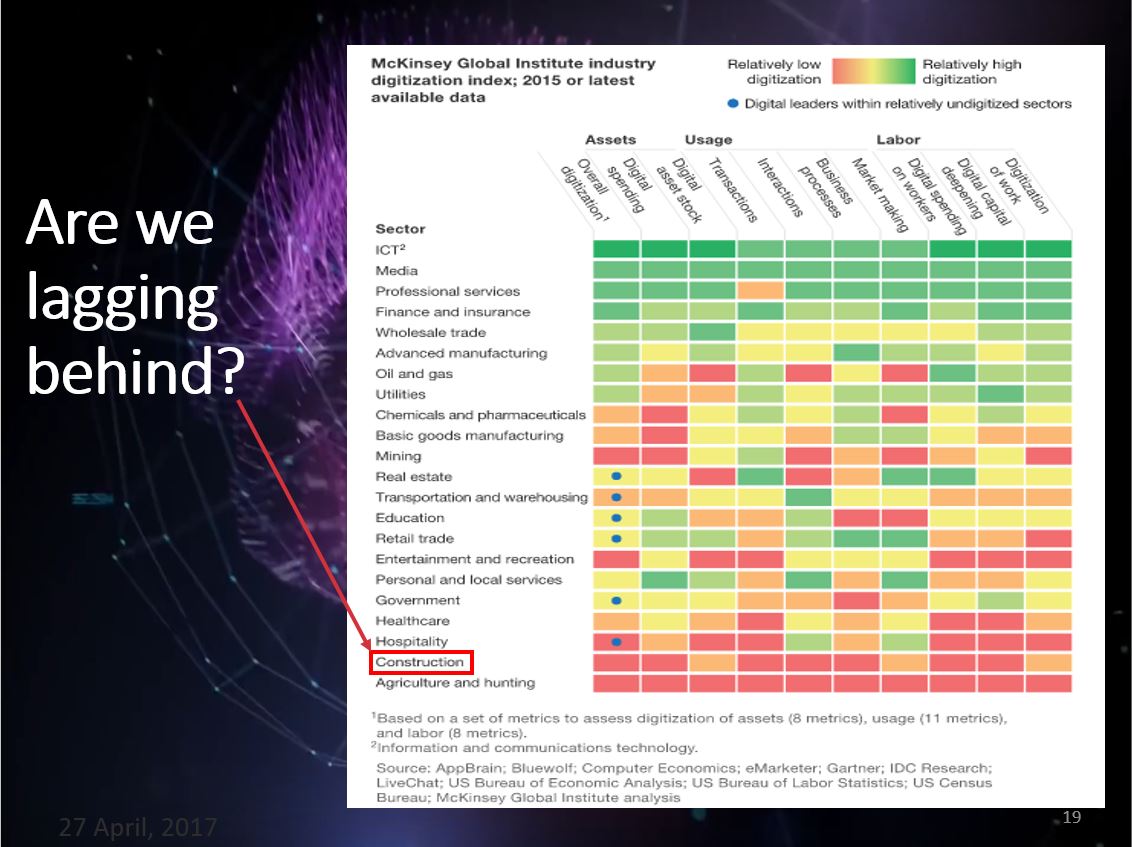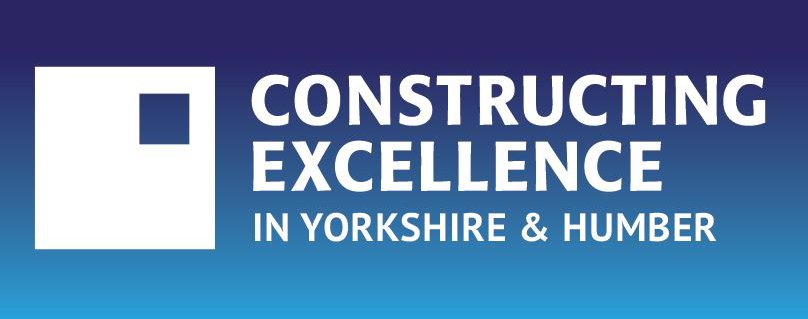On Wednesday 26th April 2017 we hosted another constructing excellence breakfast event at Addleshaw Goddard in Leeds, this time themed around procurement, in particular the roles and responsibilities of the clients, key considerations for those bidding for work and some of the crucial behaviours and processes behind successfully winning tenders.
Always an important (and popular) topic, we welcomed around 30 individuals to the event; principally contractors, subcontractors and architects, however it was also nice to see a number of clients in the room. We believe clients are key to driving improvement in our industry so the more we can provide platforms and encourage them to share experiences and learn from each other for the benefit of the industry, the better!
Our first speaker was Cliff Jones, Head of Construction Procurement Team with the commercial division at the Department of Health (DH) UK. Cliff has been working with DH procurement for over twenty years, including developing and implementing the DH ProCure21+ and now P22 frameworks. Cliff talked principally about setting realistic budgets and programmes from the outset and the importance of full supply chain collaboration and integration. He also emphasized client expectations in terms of issues/problems and risks that arise, i.e. the need for early warning protocols and communication – the DH in particular have a huge issue with correcting defects following handover due to the presence of key end users (clinical staff and patients) and therefore good aftercare is crucial. Cliff’s presentation was full of useful advice and tips for all attendees wherever you are in the build process.
Then onto Philip Collard. Philip is Managing Director of Marketing Works Training and Consultancy Ltd and CEO of myConsole a digital platform that provides bidding analytics, real-time bidding analytics based on potentially widespread and disparate datasets held by a business internally. This was not a sales pitch, Philip was actually here to share his insights into the importance of an organised and unified bidding process and how digitisation, data collection and analysis can support this. He then went on to talk about how companies can then leverage the knowledge and efficiencies this process gives to develop winning bid strategies. As always, the central theme to this presentation was collaboration, integration of process and people and the importance of data and feedback & how we can use digital to facilitate this.

Slightly veering into thinkBIM territory here but one final thought from Philip, how far ahead do we think the industry is in terms of digitisation… one above farming apparently (see slide above). Hold that thought.
All the presentation slides are listed below along with our storify from 26th May collating the best images, tweets and comments from the event.
Our next event will be on Wednesday 24th May and is a joint event with RIBA where we will hear the findings from the RIBA Client Liaison Group’s ground-breaking ‘Working with Architects’ survey and debate critical issues in the client-architect relationship. More details and booking here.


